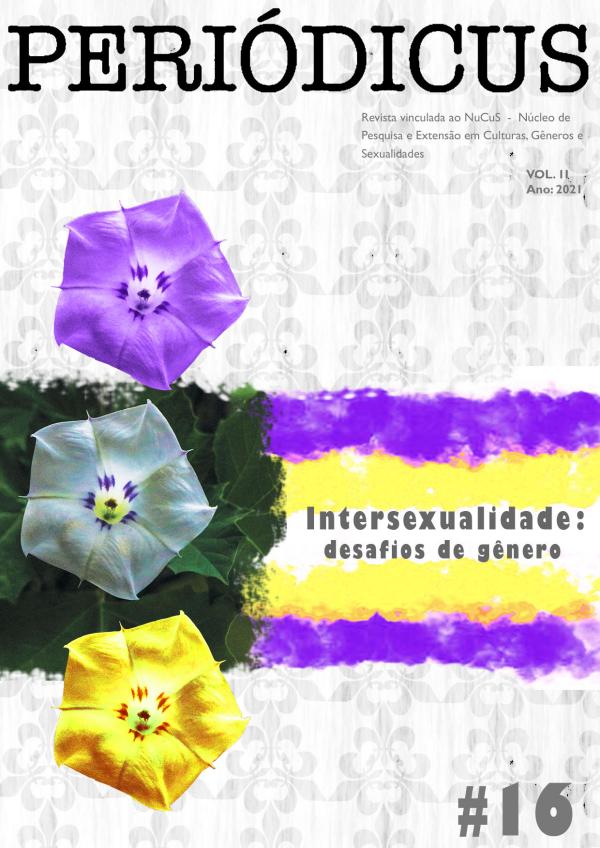Educação sobre a sexualidade: inclusão e cuidado da população LGBTTI em abordagem articulada entre saúde e educação
DOI:
https://doi.org/10.9771/peri.v2i16.36593Resumo
Mudanças nas relações de gênero e entre gerações originam situações sociais e familiares que requerem ações educativas em saúde e sexualidade nas escolas. Este trabalho objetivou promover a construção coletiva de ações dessa natureza, voltadas para a população LGBTTI, utilizando metodologias participativas. Realizaram-se reuniões com equipes pedagógicas da Secretaria de Educação do município de Mariana (Minas Gerais) e de uma escola do ensino médio para planejamento das propostas. Desenvolveram-se ações no formato de oficinas para aproximar monitores e estudantes. Nestas, foram elaborados acordos de convivência, valorizadas a afetividade e autoestima e compartilhadas informações sobre sexualidade, gênero e preconceito. Foram trabalhadas as temáticas: sexualidade, papeis de gênero, conceitos de sexo biológico, orientação sexual e identidade de gênero. A temática da diversidade sexual e de gênero mostrou-se relevante na escola, ambiente desencadeador de mudanças em relação a questões muitas vezes desconhecidas ou negligenciadas, mas que afetam diretamente a vida das pessoas.
Downloads
Downloads
Publicado
Como Citar
Edição
Seção
Licença
Copyright (c) 2021 Adriana Maria de Figueiredo

Este trabalho está licenciado sob uma licença Creative Commons Attribution-NonCommercial 4.0 International License.
Autores que publicam nesta revista concordam com os seguintes termos:
Autores mantêm os direitos autorais e concedem à revista o direito de primeira publicação, com o trabalho simultaneamente licenciado sob Licença Creative Commons Attribution Noncommercial que permite o compartilhamento do trabalho com reconhecimento da autoria e publicação inicial nesta revista, sendo vedado o uso com fins comerciais.
Autores têm autorização para assumir contratos adicionais separadamente, para distribuição não-exclusiva da versão do trabalho publicada nesta revista (ex.: publicar em repositório institucional ou como capítulo de livro), com reconhecimento de autoria e publicação inicial nesta revista.
Autores têm permissão e são estimulados a publicar e distribuir seu trabalho online (ex.: em repositórios institucionais ou na sua página pessoal) a qualquer ponto antes ou durante o processo editorial, já que isso pode gerar alterações produtivas, bem como aumentar o impacto e a citação do trabalho publicado (Veja O Efeito do Acesso Livre).








